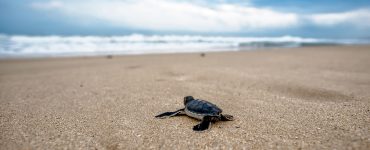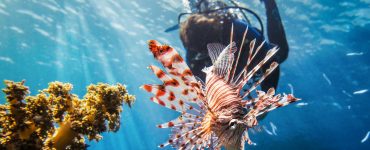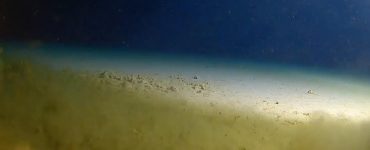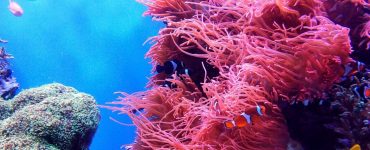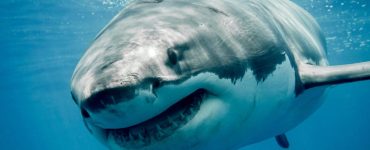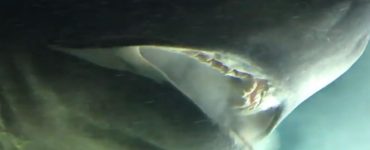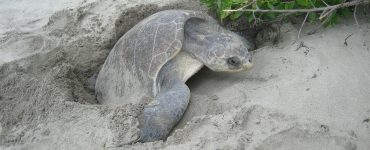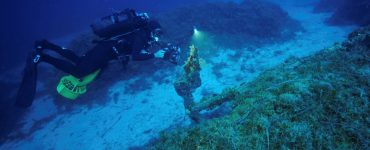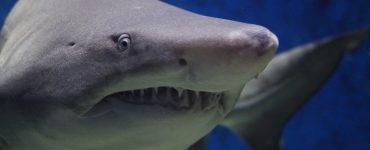Debris found in our seas and oceans could possibly smell like a feast for sea turtles and could be the main reason the reptiles regularly get trapped in the rubble.
Sea turtles are regularly found with, among other things, plastic waste in their bodies or stuck to their bodies. It hinders their health and ability to swim, leading to illnesses or beaching.
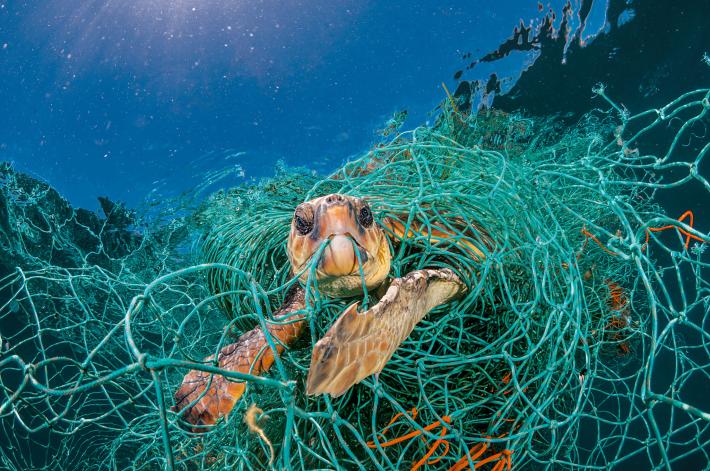
Why turtles are attracted to debris
For a long time, it was unknown why the turtles were attracted by debris. Possibly it was due to its appearance and the animals would consider plastic bags for jellyfish, for example. A new study by scientists shared in Current Biology however proves this is due to the smell and not the appearance.
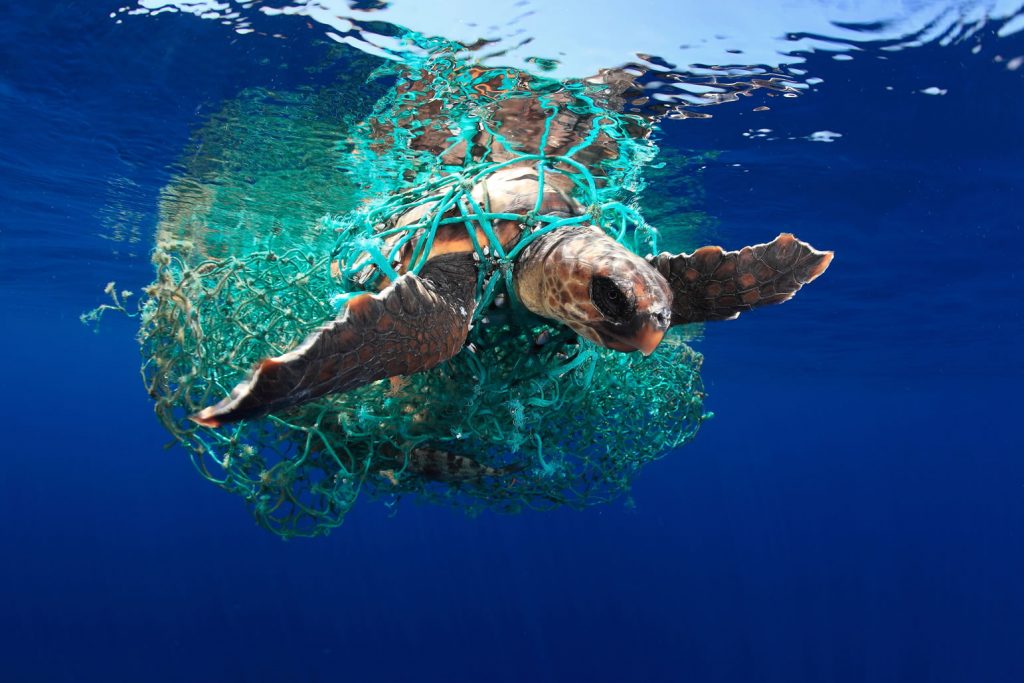
Now it appears that this waste smells nice to the turtles, which makes them think that they are swimming around food. This odor is caused by algae and other small organisms, which start growing on the waste after a few days.
Other concerns
Scientists are also concerned about other marine animals. Large ‘islands’ of waste float in the Pacific Ocean. If all trash heaps smell good, they may attract many turtles, other marine animals, and birds.
The turtles were exposed to food, clean plastic, plastic from the ocean, or just water. Clean plastic and water did not cause a reaction. Both with the food and the plastic from the ocean, the turtles showed an interest in the possible meal.
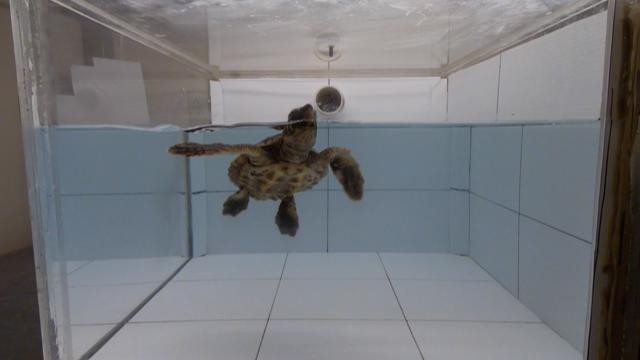
Header image credits: Joergelman



